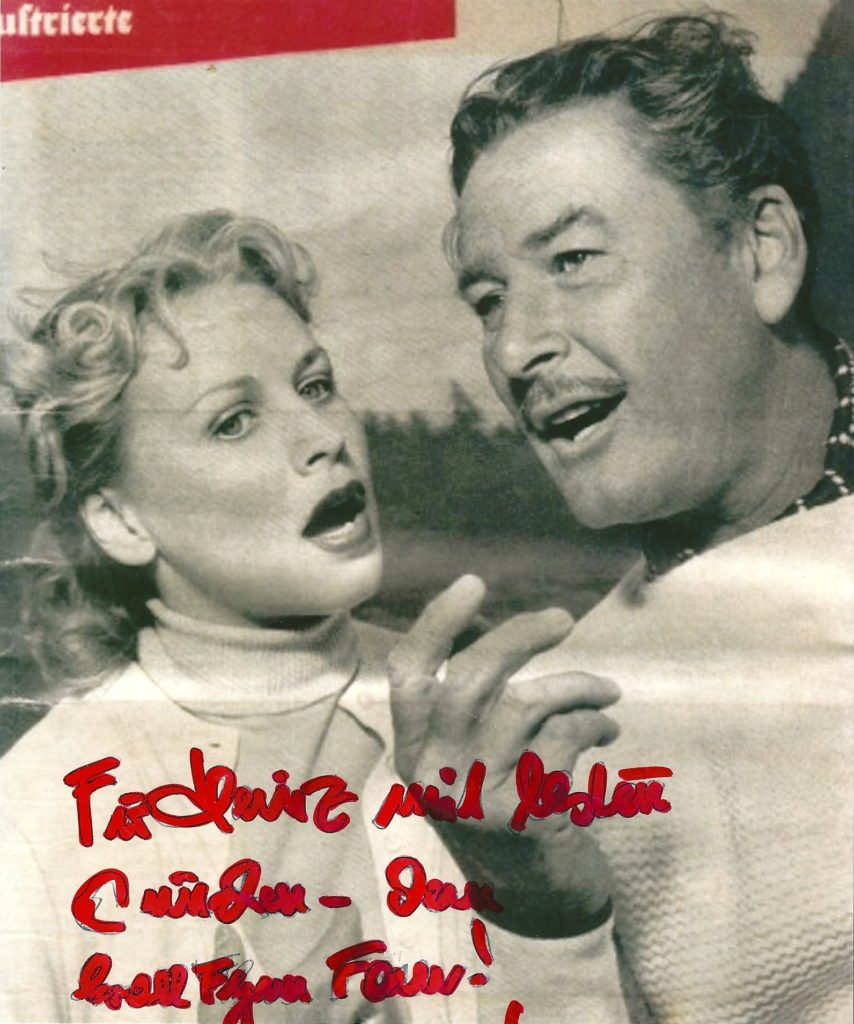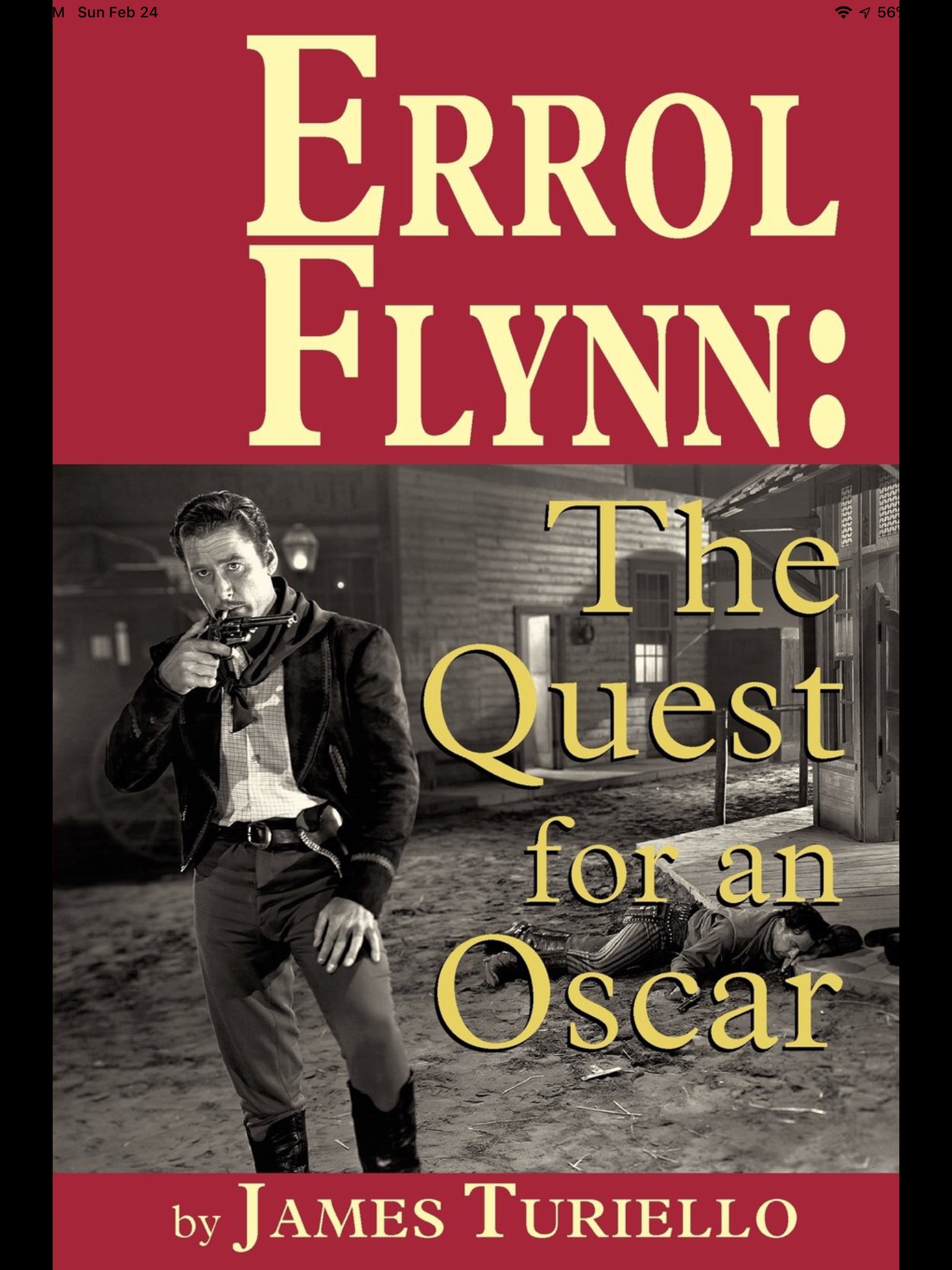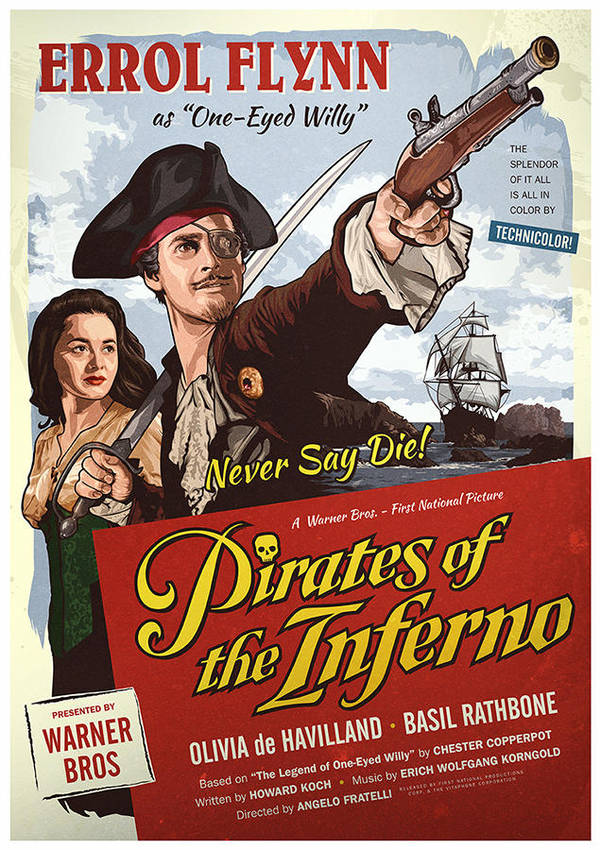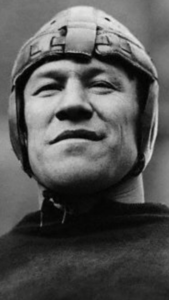First emerging from medieval ballads in the 14th century, the legend of Robin Hood was expanded during Shakespeare’s day, and Sir Walter Scott took it up in Ivanhoe in 1820. Hollywood picked up the tale with Errol Flynn’s masterpiece in 1938, and later with Disney’s popular animated 1973 version, followed by more recent versions including a film by Ridley Scott.

Oklahoma has its own inspiring connection to this timeless tale. In 1943 a band of roughnecks in their teens and early 20s volunteered for a secret mission to go abroad to assist in developing an oil field located deep in England’s Sherwood Forest. Oklahoma-based Noble Drilling Co., along with Fain-Porter signed a contract to drill 100 wells to help fuel England, mired in World War II and desperate for oil, merely for costs and expenses.
England’s oil production had shot from 300 barrels of oil a day to more than 3,000 barrels of oil a day.
By the end of the war, more than 3.5 million barrels of crude had been pumped from England’s “unsinkable tanker” oilfields.
Today, The Oil Patch Warrior, a seven foot bronze statue of an Oklahoma roughneck holding a four foot pipe wrench stands near Nottingham England.
www-examiner–enterprise-com.cdn.ampproject.org…
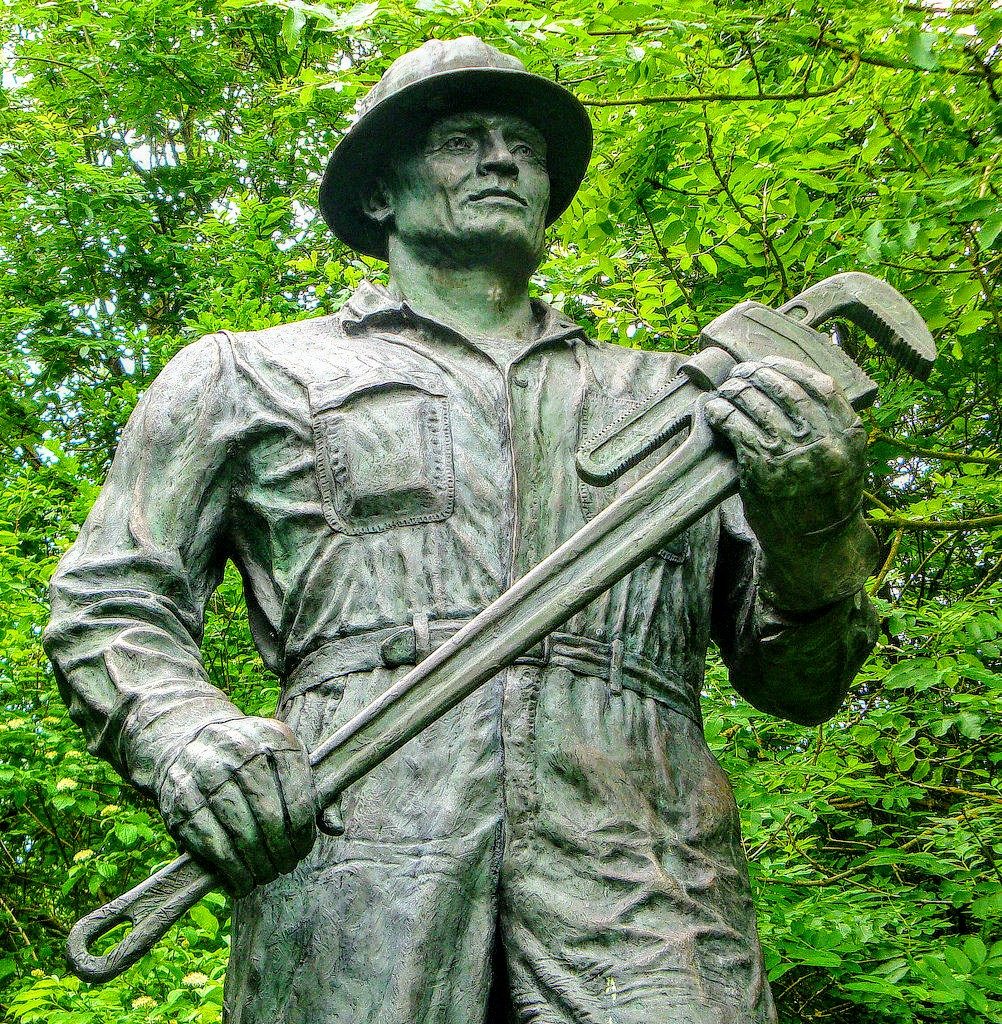

— Tim
